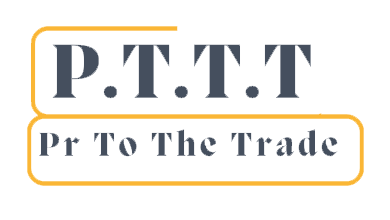Anxiety, often a silent companion of Attention Deficit Hyperactivity Disorder (ADHD), can significantly impact a child’s educational journey. The search for appropriate anxiety schools for ADHD can be overwhelming for parents, but understanding the nuances of this landscape can make a world of difference.
Understanding the Intersection
ADHD and anxiety frequently coexist, creating a complex challenge for students. ADHD brings difficulties in focus and impulsivity, while anxiety adds excessive worry to the mix. In a traditional classroom, these hurdles can hinder a child’s learning and overall well-being.
Tailored Approaches
These schools recognise the need for tailored approaches. They provide an environment where educators are well-versed in both conditions, ensuring that students receive individualised attention. Strategies to manage anxiety alongside ADHD, such as mindfulness techniques and sensory interventions, are seamlessly integrated into the curriculum.
Small Class Sizes, Big Impact
Smaller class sizes characterise anxiety schools. This aspect is especially beneficial for ADHD students who often thrive in environments with fewer distractions. These intimate classes foster meaningful teacher-student relationships, creating a supportive space for academic and emotional growth.
Holistic Development
Anxiety schools emphasise holistic development. They acknowledge that academic success is closely tied to emotional well-being. Through counselling services, students learn to cope with anxiety, manage stress, and develop crucial life skills that extend beyond the classroom.
Flexibility in Learning
Recognising the unpredictable nature of ADHD and anxiety, these schools often offer flexibility in learning. This might involve varied teaching methods, adjustable schedules, or a blend of online and in-person instruction. Such flexibility caters to the diverse needs of students.
Parental Collaboration
Education at anxiety schools is a collaborative effort. Regular communication between parents, teachers, and counsellors ensures that everyone is on the same page regarding a child’s progress. This unified approach is particularly important for children with ADHD and anxiety, as consistency plays a significant role in their growth.
In Conclusion
Navigating the landscape of anxiety schools for ADHD requires careful consideration, but the benefits for your child’s education and well-being are immeasurable. The tailored approaches, small class sizes, and holistic development focus create an environment where your child can thrive. Remember, finding the right school is an investment in your child’s future success.

